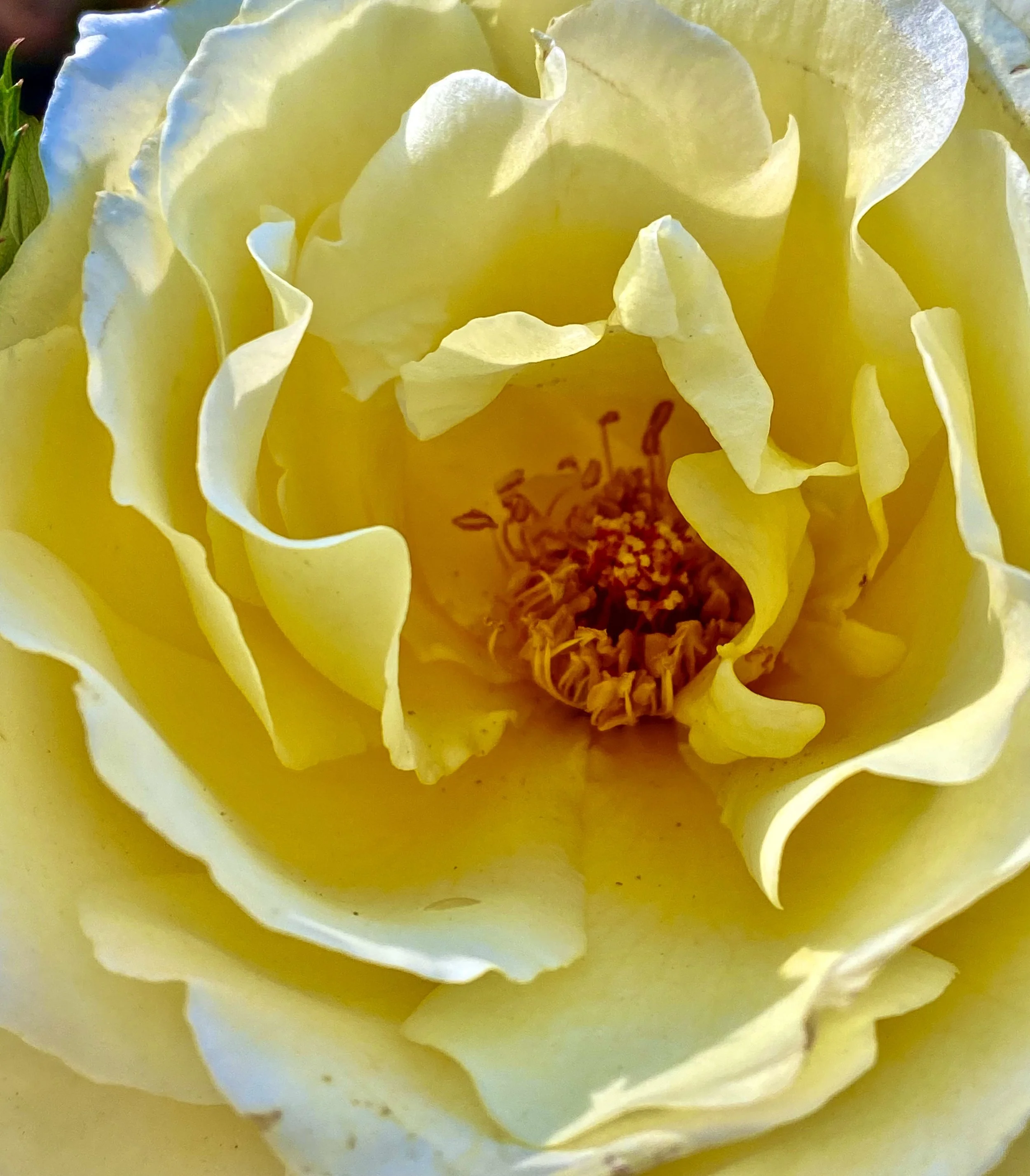My residency savior—how fitting—was named after a star. Aldebaran, the red giant, the bull’s flaming eye, burns bright in the winter sky. Aldebra was my intern, technically my student, and she taught me how to survive medical training. Aldebra began her intern year like most of us, in wild-eyed, mute shock. She just didn’t stay quiet.
My star-friend loves listening to jazz in smoky nightclubs, wearing leather cat suits and practicing yoga. She makes jewelry and a mean cup of tea. When it hit her, what residency was all about—rote obedience, sleep deprivation, the inhumanity innate in learning how to take care of other humans—she protested. Maybe it was her years of waitressing, serving cocktails to handsy men while wearing fishnets, that gave her such a voice. Maybe it was wisdom pouring forth born of lived-in, hard years getting to where we now cowered, shells of ourselves and beat into submission by our own compassion. She spoke out. She spoke up. She said, “We can’t be treated this way. We need lives, we need to breathe. We need to be human to be doctors.” No one seemed to listen—at least, no one in charge. Yet everything changed inside me.
We became a club of two, the be-more-human club. At my first yoga class, scrunched and sweating, uncomfortable in lots of ways, I watched her lithe limbs bend, I noticed her smile. I was not smiling. I almost cried as my limbs trembled and my joints protested. Yoga was not my happy place. Being with a friend was. And for the first time in more than a year, I felt human again.
We spent long afternoons hunched over her kitchen table--stringing beads, drinking tea, hearing each other. Grieving over our patients who died, weeping more over the ones who lived, in bodies that now betrayed them. We spent long nights in cramped wine bars and jazz dives, dancing until we couldn’t stand. We broke the silence of despair, through the salt of sweat and tears, together.
The application of tea and kindness didn’t change residency. The hours were just as long, the months I didn’t see my husband as isolating, the exhaustion numbing. Tea and kindness changed me. My friend, the bright light of her, transformed me from student to teacher, from resident to doctor.
So many years later, I try to make that space with my patients who cannot be cured. We carve out a safe, warm place, about the size of a kitchen table, under glaring fluorescent lights in sterile exam rooms. We drip tears into imaginary cups of tea, we string stories like beads. Fatal diseases don’t change their ravaging course, but suffering—in the pulling gravity of starlight and sympathy—on good days suffering itself bends into a manageable shape.
